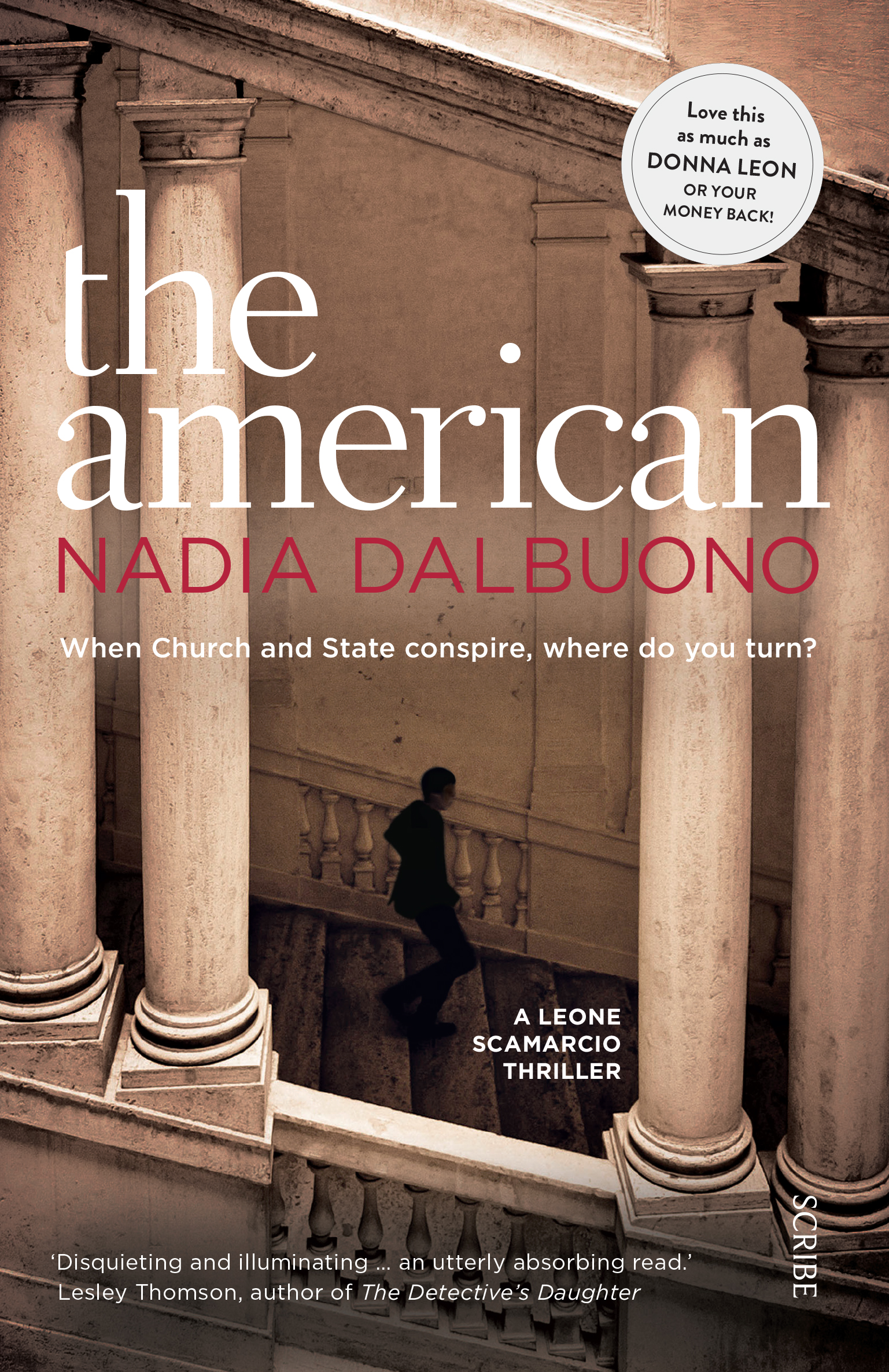Anthony Bourdain, 1956-2018
Many words have been written about the passing of Anthony Bourdain, and most of them have been written by those much better placed to comment on his life than me. I didn't work in the restaurant business, didn't eat bun cha with him while President of United States, or have the chance pass the time of day directly with him. All that said, when I spent a lot of time working in the US in the early 21st century he was a Godsend.
Life on the road can be a lonely business. Temporal dislocation, work, and evenings in anonymous hotels; one discovers how walking out the door and finding somewhere else is important.
In those days the temptation to dick about with your phone was rather less significant, so as a prop or a guard against having to stare into the middle distance one would carry a book. It meant you were never really alone, and it became habitual to spend time in the bars of the wider DC area getting through an awful lot of reading material.
The lovely thing about bars in the US is that if you sit at a table you're more or less signalling you're happy to be left alone, whereas should you choose to sit at the bar you're saying conversation with a random stranger is something you're pretty much open to. In this light the book I would be carrying would often be something commented on, and when it was something reasonably obscure conversation would move swiftly on.
But sometimes reading material would catalyse conversation. My then boss had in passing recommended I had a look at Anthony Bourdain's 'Kitchen Confidential', commenting that his early work was excellent but warning that later material suffered from him starting to believe his own hype; it thus made its way onto my to-be-read pile, into my carry-on, and duly onto a bar in Alexandria, VA.
And what could have been a typical Brit overseas evening, some passing conversations had, some beer drunk, some unhealthy food eaten turned into something else. It transpired everyone had an opinion about 'Kitchen Confidential', everyone had a favourite bit, everyone had a related restaurant story to tell. The book sat on the bar, no reading progress made, as conversation whirled around involving everyone, including the chef who came out to add his 2c worth.
The book's great, it does say a lot about the restaurant business, and makes you a better eater and probably a better cook (he told me to use Global knives, and I still do to this day), but mostly for me it was something that turned what could have been another jet-lagged forgettable evening into something else. Anthony Bourdain in one evening in 2002 or 2003 made me less lonely, one can only wish he'd had as good a prop of an evening in a hotel in Strasbourg recently.
Thank you Anthony, you brought a lot to the world, and you are missed.







